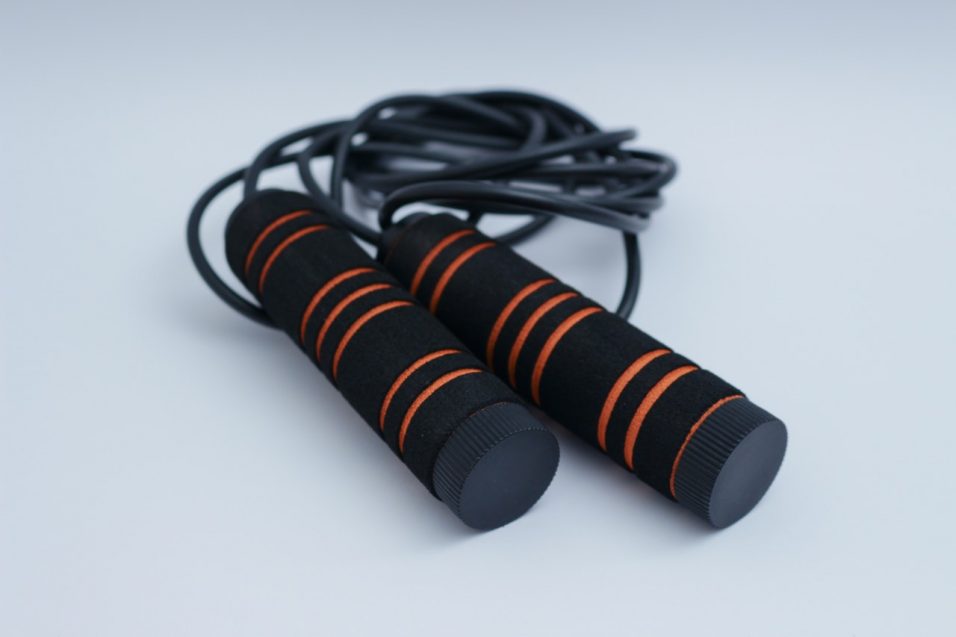What To Do When You’re Hanging Fire

Has this ever happened to you:
You’re writing a novel, and things are going well. You’re halfway, or two-thirds, or one-fifth of the way through and you like everything you’ve done so far.
And then you hit a wall.
You end a chapter, and you have no idea where the story goes next. Everything is going according to plan, but your next steps suddenly don’t seem right. You’re still excited about the premise and the characters and all the rest, but you’re not excited about what comes next — or even sure what that should be. So you pause. You back away from the keyboard and you leave the story in suspended animation, hanging fire in-between the bits you thought were pretty great and the bits you haven’t written yet.
And then you wait.
The Hardest Part
When you’re plantsing a novel and inspiration runs dry, the best thing to do is just walk away. Leave off, go do something else, and treat finishing that story similarly to the way Douglas Adams had Arthur Dent learn to fly by throwing himself at the ground and missing: Don’t try to finish it.
This can be difficult, especially if you’re like me and can’t stand unfinished business. I have a mania for completing projects, and leaving a novel half finished for days or weeks or months is difficult. But necessary, because the worst thing you can ever do with a story is force it. If you aren’t inspired by the next plot point, hang back and wait until it comes. Otherwise you’re just grinding.
Of course, this presupposes that you’ve got the space to hang back. If you’re under contract or writing this book to literally pay the rent, you might have to grind, and the story will probably be fine, just not as great as it could have been.
Of course, when you’re old and busted like me, this also means you come across a 40,000 word half-novel you stopped writing 5 years ago and then completely forgot about, so you write a 350-word ending and call it a novella and go to bed.









